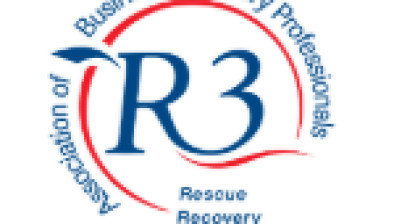R3 Scotland warns of winter corporate insolvency spike

Tim Cooper
Corporate insolvencies may increase this winter, with new research from the insolvency and restructuring trade body R3 indicating that a steep rise may start as early as this October.
The R3 research – based on a member survey of insolvency and restructuring professionals – highlights that an overwhelming majority (93.7%) of respondents expect corporate insolvency numbers to rise over the next year, with nearly six-in-ten (56%) predicting that the increase will occur between October and December 2020.
More than half (56.1%) of those surveyed said that they expected corporate insolvency numbers would be significantly higher in 2020 than in 2019, while 37.6% thought they would be somewhat higher.
Respondents felt the main triggers for corporate insolvency advice over the next 12 months would be rent payments or arrears (61.7%), trade debts (49.7%), tax payments or arrears (48.1%), and wage payments (35.5%).
Tim Cooper, R3 Scotland chair and partner at Addleshaw Goddard, said: “Despite the lockdown and the continuing economic turmoil, corporate insolvencies actually decreased in previous months. R3 members reported that, during April and May, the enquiries they received were mainly around advice on companies’ eligibility for the state-provided relief packages, rather than for formal insolvency support.
“This is in no small part due to the Government’s support measures, which have helped a number of businesses which would otherwise have struggled due to the pandemic.
“It’s clear from the survey results, however, that it’s a question of when, not if, corporate insolvency numbers increase. The support available to businesses has deferred, rather than deterred, the rise in corporate insolvencies expected in our current economic climate.”
He added: “We would urge anyone who is concerned about the future of their business to seek advice as early as possible. Doing so will give them more options about their next step and allow them to make a more considered decision about how they move forward.”










